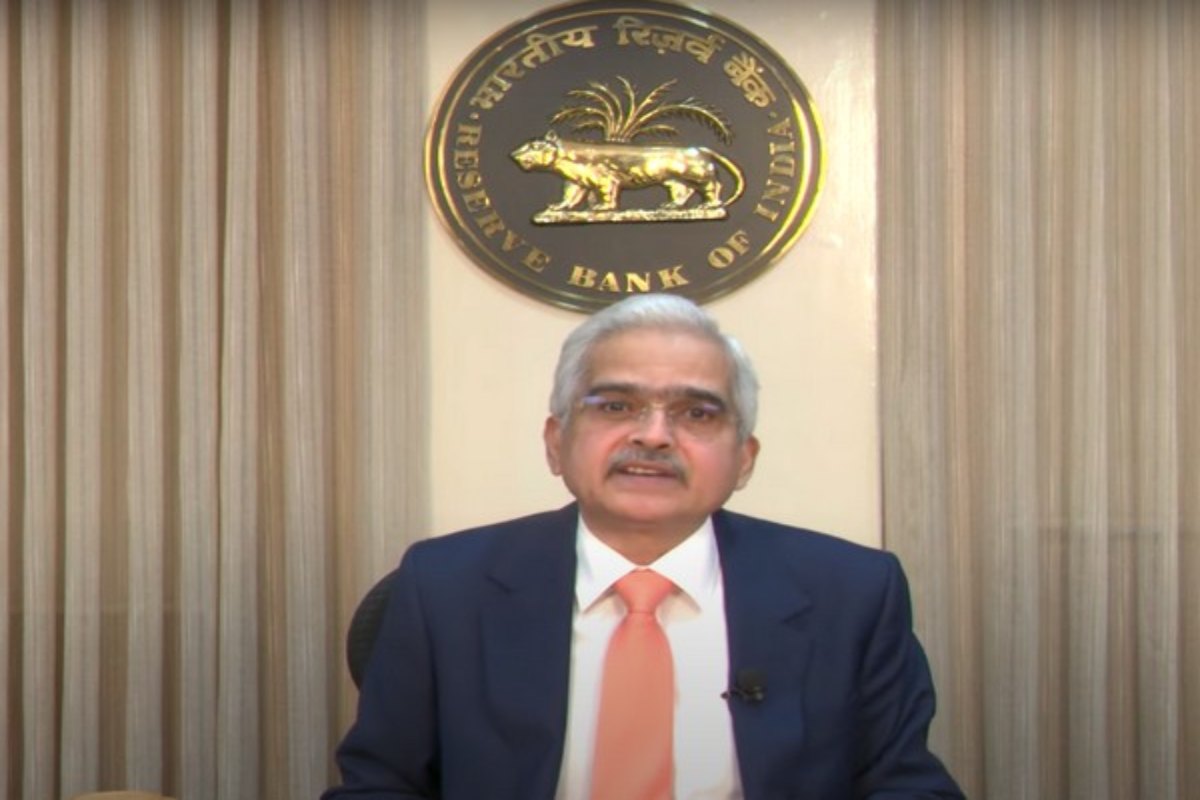RBI asks fintech firms, digital payment cos to ensure responsible innovation
RBI Governor Sanjay Malhotra on Thursday asked fintech firms and digital payment companies to ensure responsible innovation and better compliance.
Celebration of National Statistics Day, Das said, provides an opportunity for sensitising the general public, especially the younger minds, about the discipline of statistics.

[Photo : ANI]
Evidence and analysis are core inputs in policy formulation, Reserve Bank of India Governor Shaktikanta Das said on Friday and noted that policymaking and monitoring processes have increasingly become more data-intensive.
“A prerequisite of such (data) analysis is the availability of timely and credible data with the three Cs of data quality — completeness, correctness and consistency,” Das said at the 17th Statistics Day Conference at RBI headquarters. In recognition of the notable contributions made by (late) Professor Prasanta Chandra Mahalanobis in the field of statistics and economic planning, the central government has been celebrating 29th June, his birth anniversary, as “Statistics Day” since 2007.
Advertisement
Celebration of National Statistics Day, Das said, provides an opportunity for sensitising the general public, especially the younger minds, about the discipline of statistics.
The central bank governor noted that RBI uses statistical methods in its core functions.
“The Reserve Bank follows latest global prescriptions and best practices, and pursues standardisation across domains to generate consistent, comparable and harmonised statistics.”
Advertisement
“We treat data as ‘public good’ and are disseminating increasingly more data in the public domain for use by analysts, researchers and the general public,” he said, adding RBI’s preference is for general dissemination over meeting individual requirements.
Speaking about the Covid-19 pandemic, he said the RBI’s reporting system ensured business continuity, the flow of validated information was seamless, the ‘work from home (WFH)’ environment was actively supported, and the public dissemination of information went uninterrupted during the lockdown period.
Advertisement